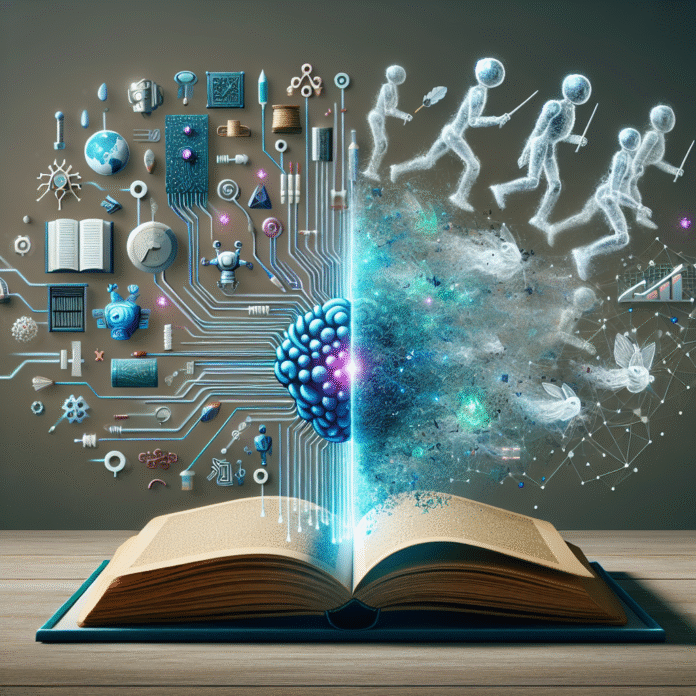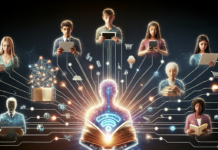Debunking Myths: What AI Can Really Do (and Can’t)
Artificial Intelligence (AI) has rapidly transformed various industries over the past few years, leading to a plethora of myths and misconceptions about what AI can truly accomplish. In this article, we will explore some common myths and clarify what AI can and cannot do.
Myth 1: AI Can Think Like Humans
Many people believe that AI systems possess human-like thinking capabilities. This belief stems from the advanced performance of AI in tasks such as natural language processing and decision-making.
While AI can mimic certain aspects of human behavior and decision-making processes, it lacks true understanding, consciousness, or emotional intelligence. AI operates based on algorithms and data patterns, not human experiences or feelings.
Myth 2: AI Will Replace All Jobs
There’s a widespread fear that AI will eventually replace all human jobs, leading to massive unemployment.
AI is indeed automating certain tasks, which can lead to job displacement in specific sectors. However, it also creates new job opportunities that require different skill sets. In many cases, AI complements human work rather than fully replacing it.
Myth 3: AI Is Infallible
Another common myth is that AI systems are always accurate and reliable, leading people to trust their outputs implicitly.
AI systems can make mistakes and are constrained by the quality of data and algorithms they are built upon. Biases in data can lead to flawed results, and human oversight is essential to ensure that AI decisions are sound.
Myth 4: AI Can Operate Independently
Some believe that AI can function independently, making decisions without human intervention.
AI requires human guidance to function effectively. While it can process information autonomously, it relies on predefined parameters and human oversight to ensure that it is used appropriately.
Myth 5: AI Understands Context
Many assume that AI understands the context of its tasks the same way humans do.
AI lacks genuine understanding of context. It can analyze data and predict outcomes based on patterns but does not comprehend nuances or subtleties of human situations like tone, humor, or cultural references.
Conclusion
AI is a powerful tool that has the potential to enhance our lives significantly. However, it is essential to approach the subject with a clear understanding of its capabilities and limitations. By debunking these myths, we can foster a more informed conversation about how to leverage AI effectively while being aware of its constraints.
For more related articles- By separating fact from fiction, we’ll uncover how AI is genuinely shaping our lives, without falling for the myths that cloud its potential.







